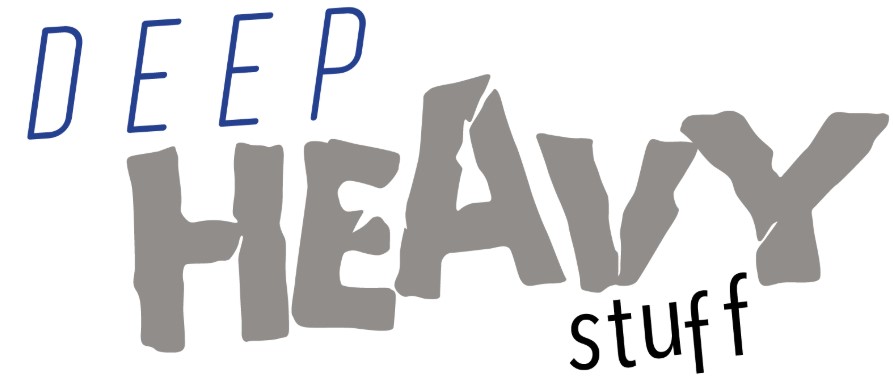(Chapter 11 of my book, Turkey Terror At My Door! contains essays about two high school teachers who were instrumental in me becoming an author. Because these were part of a “high-school” series, I couldn’t give credit to one other person responsible for my success.)
I arrived on The University of Akron campus in the fall of
1976. I concentrated on my studies for a
couple of months, but eventually wandered up to the student newspaper office to
display my high school writing success on a bigger stage.
Few students read The Buchtelite (the name a holdover from
when the school was known as Buchtel College). Akron U was a commuter school
operating in the center of town. It was one of the most boring campuses in the
country. There was usually nothing of significance for the newspaper to report
on, and when there was, most of the students didn’t care. Many referred to the
school as Apathy U.
As a result, most of my freshman humor writings were
intended to be shocking, outrageous diatribes designed to catch people’s
attention by slapping them in the face. The paper only ran them because they
weren’t dull, and they had nothing better to print. If these articles were published
today (first, they wouldn’t dare), I would be immediately expelled from the college.
If I ran for political office today, these awful, politically incorrect essays
would make headlines.
Before my sophomore year, I marched up to the Buchtelite
office and pitched my idea to write a weekly humor column called Ake’s Pains. I
was brash. I was outrageous. I was filled with all the naïve bravado of a 19-year-old
guy. There is no way they should have ever agreed to this. But Editor Jane said,
“Sure, let’s try it!” I’m not sure if she really liked the idea or she just
needed to fill space on the editorial page once a week.
Therefore, Jane became my first real editor. And as a
writer, I hate editors. Because editors take your perfect writing, mark it up,
and change things until your work becomes less than perfect. And make no
mistake, my writing was perfect, absolutely perfect, because I was a 19-year-old
college student and I thought I knew everything.
I hated Editor Jane. Now, only as an editor, mind you. Regular Jane was sweet, pleasant, intelligent, funny, and also - - cute! Nothing to dislike there. But I always became agitated during our weekly closed-door (so nobody could hear the yelling) meetings when we reviewed my upcoming column, which meant Editor Jane telling me what I couldn’t say or changing how I said it. In my mind, she was ruining my writing by sucking much of the humor right out of it.
But the column from week one, was still a big hit on
campus. The students loved my satirical wit and how I made fun of stuff on
campus. They thoroughly enjoyed how I stuck it to “The Man” every week.
However, “The Man”, or the administration, was much less
enamored by my rants. I could imagine the big-wigs getting all red-faced when
the Buchtelite hit campus Friday morning. To them, I was not funny at all. I
was a scourge, and they took offense at my viewpoints.
For example, students had discovered cockroaches in one of
the dorms —a very embarrassing situation for the administration. The following
week, I wrote that the biggest event on campus was the cockroach races being
held in West Haven Dorm, with the winner being Secretari-roach. (You old-timers
will get the joke)
At the time, I hated Editor Jane and how she diluted my
writing. However, when I look back at my progression from a writer to an author,
I realize that Editor Jane played a critical part. I would not have written
three books if it was not for the hated Editor Jane.
Editor Jane was able to skillfully edit my work so that
students still thoroughly enjoyed it and found it humorous, yet it was not so disgusting
that the administration shut me down. And I’m sure there were phone calls from
the “V.P.s” telling her that enough was enough – that the Ake guy was a real
pain and needed to be silenced. But Editor Jane never buckled to the pressure.
She threaded that needle perfectly.
Editor Jane had my best interest at heart. She coached me,
mentored me, improved my writing, and helped me. She never rejected anything I
submitted outright. She never limited my topics but was able to smooth out
those literal sophomoric expressions into popular pieces.
She gave me an opportunity that I didn’t deserve and made
me successful at my craft at that critical point in my literary career. And for
all that, I hated her. I took her for granted. I viewed the situation from the
selfish perspective of an immature college guy with no appreciation at all for
how much she was helping me.
Because of Editor Jane, I wrote columns for three years in
college, experimenting with different styles my senior year. I thought Ake’s
Pains was done when I graduated. But 31 years later, Ake’s Pains was
resurrected as a humor blog and was the catalyst for all three of my books.
We need to appreciate those people who are helping us now
and have helped us in the past, and express that appreciation to them. More
importantly, we need to be the one who helps others along the way, because we
have no idea about how our efforts may inspire someone to achieve greatness.


